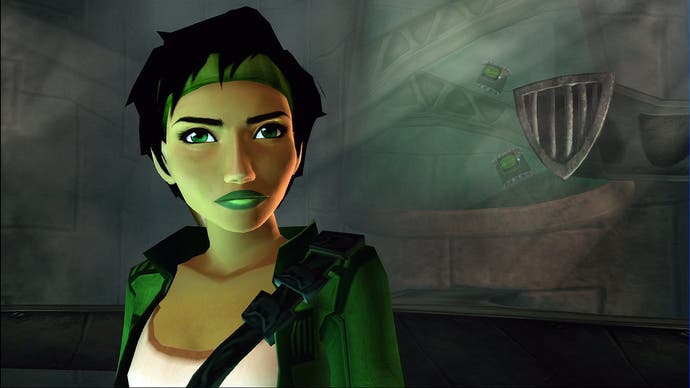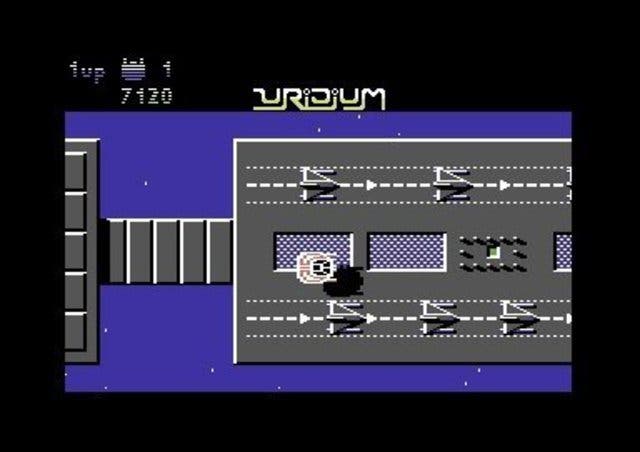Saturday Soapbox: Tempus Fugitives
What does 'retro' even mean these days?
So the Wii is to lose its backwards compatibility in its slimline Christmas makeover. Thousands of tiny GameCube discs will gather dust as another format slips further down the conveyor belt of history.
It's hardly a surprising move. The number of people who actually use the Wii to play old GameCube games is surely a tiny fraction of the console's audience, and certainly anyone picking up a Wii at this point in its lifecycle is unlikely to be doing so to play Doshin the Giant.
And, let's be honest, it's not as if these old games are in much danger of vanishing completely. Compared to the recent past, today's games market is positively throbbing with retro. Digital downloads and the rise of iOS as a platform have meant that games from yesteryear actually make commercial sense once again - whether it's HD remakes of popular classics, digital emulations sold over Xbox Live or PSN or old Spectrum and C64 titles sprouting on the iPhone.
The conspiracy-minded will point out that Microsoft, Sony and Nintendo want to make it harder for us to play our old discs on new hardware so they can resell us those games as commercial downloads. There are legitimate technical reasons why hardware emulation is a flawed compromise, but we shouldn't be so quick to cry foul when companies that make their money selling games do things designed to help them sell games.

Retro is, if not big business, then at least part of the business of games, and that can only be a healthy thing in the long run. Too many games fall between the cracks, available only to dedicated gamers with the technical savvy required to find and run them through homebrew emulation. Too many great games are lost to the world, kept alive but in captivity by the insular nature of hobbyists.
Games are made to be played by everybody. Spectrum games are virtually unplayable on the iPhone touchscreen, but I buy them anyway. Partly out of kneejerk nostalgia, but also because I like the idea that the original creators can still earn some royalties for something they crafted 30 years ago.
I like the fact I can fire up my PS3 and download a PSone game I missed first time around. I like that Beyond Good & Evil is back on the market, where new fans might find it. Access to these games isn't a right, so I consider my purchases to be a thank you to the original creators as much as a commercial transaction.

But then, gamers' relationship with the past has always been a strange one, and it's really only in the last 10 years that the idea of 'retro gaming' has gained any traction. Even the fact that there's such a thing as 'retro gaming' speaks volumes about the way successive hardware generations have trained us to compartmentalise and box off great swathes of our shared history. Is the GameCube retro now? What about the PlayStation 2? New games are still being made for it, yet in our minds, it's already old news, yesterday's tech, a benchmark against which we measure how far we've come. I'm as guilty as anyone, and I squirm when I re-read reviews where I've used "last gen" as a criticism.
We don't describe Dickens or Poe as retro literature. When you buy Ghostbusters on Blu-ray, you're not consciously outing yourself as a retro film fan. When The Beatles' back catalogue was added to iTunes, there wasn't a wave of protest from retro music fans complaining that it should have been free because it's so old. Other media have a smoother evolution, with no marker posts to tell us when something has passed into nostalgia. Books, films, songs - they exist and continue to exist, and our tastes are usually defined more by genre than age.

